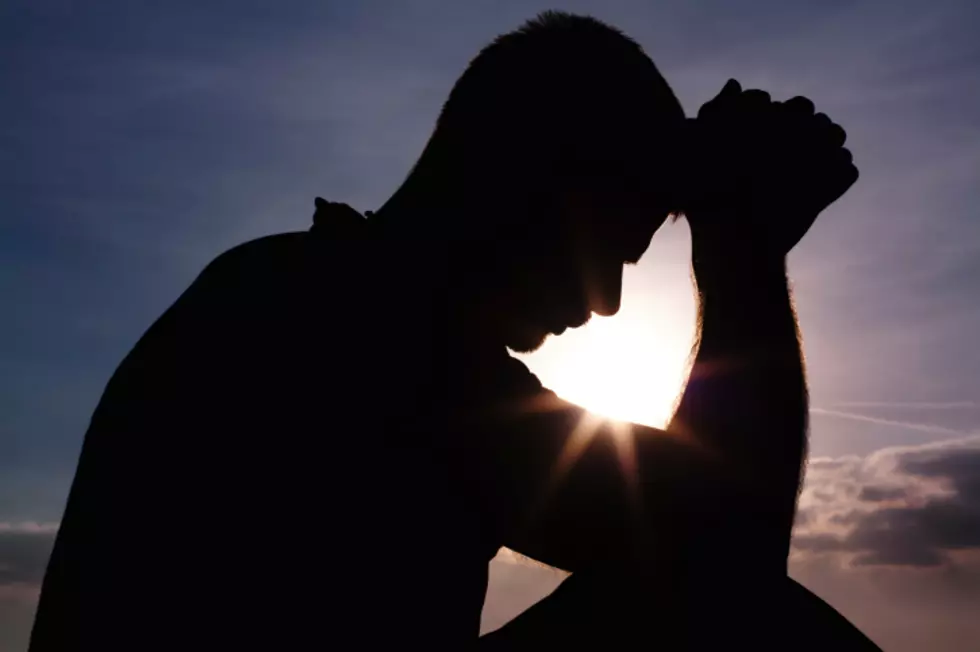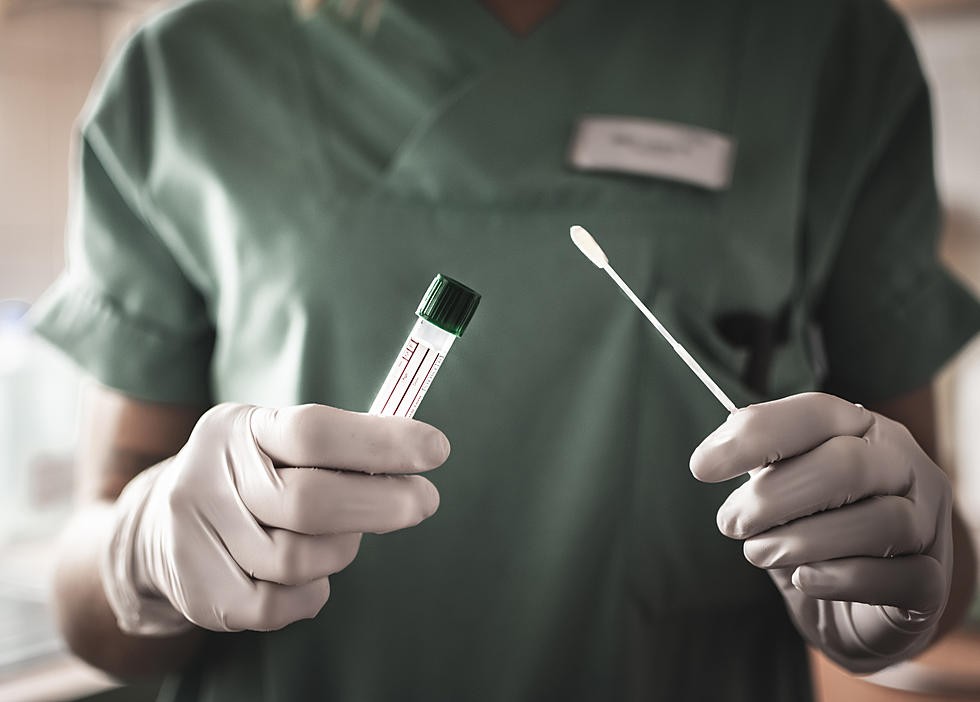
What happens when seasonal affective disorder meets COVID-19 fatigue
The end of Daylight Saving Time over the weekend may mean, for many New Jersey residents, the imminent return of seasonal affective disorder, which is a diagnosable mental health disorder requiring treatment in some cases.
This being 2020, SAD — often characterized by increased fatigue — is now being accompanied by our collective exhaustion over the COVID-19 pandemic.
Plus, with the weather getting colder, activities are moving indoors and officials are urging that gatherings remain small to slow the spread of the coronavirus.
All of that could lead to a reprise of the depressive feelings we had when stay-at-home orders and business closures began in mid-March, even if a current surge in cases plateaus and further lockdowns are not needed.
Dr. Debra Wentz, president and CEO of the New Jersey Association of Mental Health and Addiction Agencies, said the symptoms of SAD often mirror those of clinical depression, including but not limited to difficulty concentrating or thinking clearly, apathy or irritability, and declines in energy, creativity, and productivity.
"Of course, with COVID, more people are inside and already isolated, which contributes to that," Wentz said. "They could have difficulty getting out of bed."

Regarding SAD in particular, Wentz said the early-pandemic trend of learning how to bake bread may not be an advisable hobby this time around.
"An additional symptom that might distinguish it from depression is an insatiable appetite for carbohydrates, which results in weight gain, and that often even depresses people further," she said.
Being that symptoms of seasonal affective disorder dissipate with more exposure to light, Wentz suggested investing in bright artificial lighting for your home or workspace. And a device known as a "dawn simulator," she said, may help regulate your body's circadian rhythm, disrupted by the time change.
There is also the option of light therapy, which if you choose, you should start before symptoms arise.
Seasonal affective disorder can be misdiagnosed, or confused with another ailment, so Wentz said it is best to get it properly evaluated.
And in any case, she said, do your best to stay active over the next few months.
"People can find appropriate activities that they can do inside, and it will make them feel better every day," Wentz said. "When it's cold, or if the gyms are closed or downsized again, they say, 'Well, I can't exercise.' You certainly can exercise."
For more information, visit njamhaa.org.
Patrick Lavery is New Jersey 101.5's afternoon news anchor. Follow him on Twitter @plavery1015 or email patrick.lavery@townsquaremedia.com.
NJ’s lives lost to COVID-19 — Loved and Lost
More From Rock 104.1





![[POLL] Do NJ Residents Feel Safe Enough To Go On Vacation This Summer?](http://townsquare.media/site/396/files/2021/05/Family-On-Vacation-Hiking.jpg?w=980&q=75)




